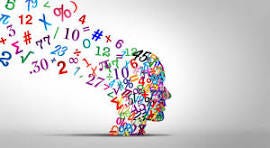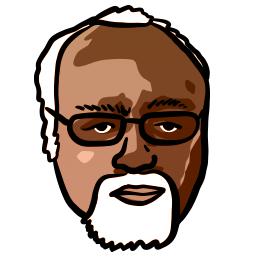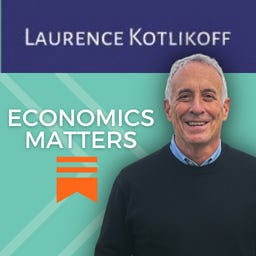Glenn just released this podcast on his famous, The Glenn Show. The two of us discuss/critique the presidential candidates’ economics policies and the huge gulf between their proposals and the specific major policies I feel we need and can easily implement.
Here’s Glenn’s discription of the podcast:
“This week is my friend Larry Kotlifkoff—esteemed economist, entrepreneur, and author—is on the show. As you may or may not be aware, Larry is also a former presidential candidate. He didn’t have the kind of high-visibility campaign of a Kamala Harris or a Donald Trump (or even a Jill Stein), but as he sees it, someone has to impose some informed economic thinking on problems like inflation, healthcare, and inequality. Why not him? He believes the nation should be run by experts who have the knowledge and experience to actually understand the complex national and global systems that hum beneath our everyday lives. I have my doubts that calculations and models are a viable substitute for politics, but Larry is as close to a true believer as you’ll find.
I ask Larry at the beginning whether green-eyeshade calculations are really a substitute for the values and principles that candidates, at least nominally, use to make the case for themselves. Larry thinks they should be, and he walks me through some of his proposed fixes for various troubled segments of our economy. Social security, for example, is in danger of collapse, and Larry proposes to replace it. Both Trump and (though she won’t admit it) Harris are in favor of tariffs, but Larry and I both think that’s a terrible way to run international trade. Fixing all sorts of problems by “taxing billionaires and corporations” has become an article of faith for Democrats, but shouldn’t we be concerned about what they spend rather than what they bring in? And we end with the big questions: the national debt and inflation.”
Please subscribe to
And please subscribe to






An Economist as president worked well for the Bartlet administration!
I was happy to learn that Kamala Harris got a bachelor's degree in Economics at Howard University (double-majoring in Political Science) and was President of a student club called the Abram Harris Economics Society, about which more here: https://economics.howard.edu/student-associations/ahes.